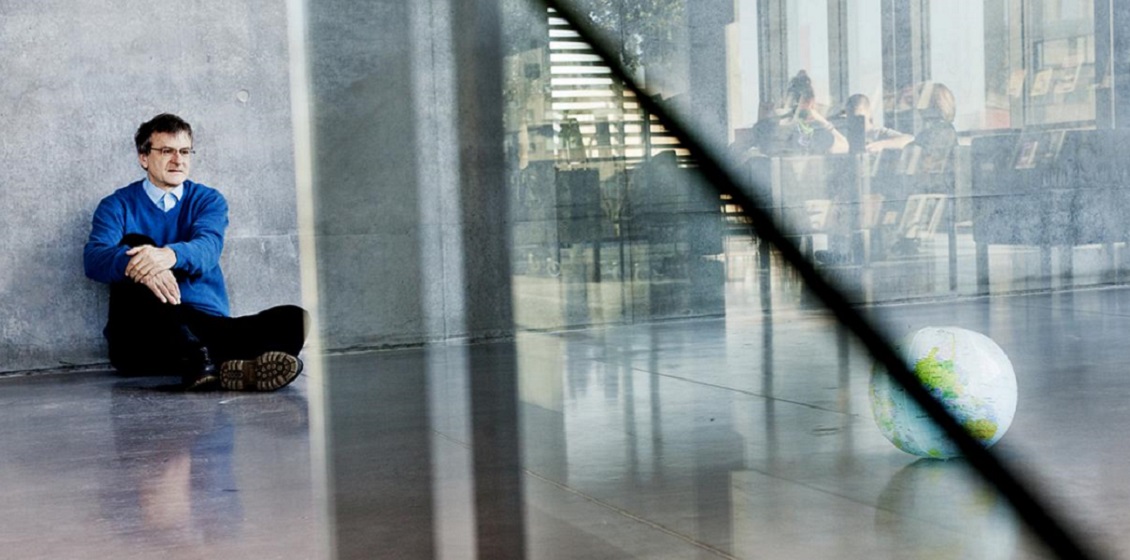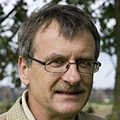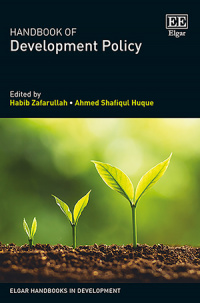Development aid is nowadays indistinguishable from development financing. Thus, the development industry may no longer be the same development industry decolonization-focused researchers are critizising. A veteran in Danish development research warns against trends in the current debate.
It is always a good idea to promote more research in the global South, but if we want to understand what is going on in the “polycentric world” in which we live, then we need more polycentric research. This is an extremely important point for one of the veterans in Danish development research, Laurids Lauridsen, professor emeritus at Roskilde University, RUC, in an interview with DDRN.
“If we as development researchers only have to study the so-called ‘development industry’, as the Swedish development researcher Maria Eriksson-Baaz has called for, then we will end up in old-fashioned thinking”, warns Laurids Lauridsen.
Last year, in an interview with the DDRN, Maria Eriksson-Baaz suggested that all academic disciplines were in need for being globalized, but that traditional development studies should be left to researchers from the South.
Laurids Lauridsen, however, who has a long career as professor in international development studies and has never himself worked with aid and the aid sector, does not believe it is a good idea to limit our research in the North to this field and let the broad research into the conditions in the South be only carried out by researchers from the South itself.
“Those of my colleagues who focus only on decolonization are trapped in seeing only a North-South axis at play. It easily becomes an old-fashioned way of seeing the world. Nowadays, there is much more going on than that. We must also be able to understand all these other trends and developments”.
A massive transformation
At the same time, the development industry itself is “undergoing massive transformation”, Laurids Lauridsen points out.
“In many fields, it is not called development aid at all anymore. Now it is rather indistinguishable from development financing. A lot of aid is transferred to or used to derisk what is called business – and considered business by the people involved. In our part of the world there are not enough productive investments corresponding to the savings we have. If that money has to go to work, it has to go to The Global South, because where else could it move? The financial sector is getting a new playground.”
“Some different actors come into play” according to Laurids Lauridsen’s observations, “and the development industry may no longer be the development industry Maria is talking about”.
“What we really need, what would be extremely relevant, must be international development studies that more fundamentally understand what is happening when suddenly there is a lot of money available to invest in building a new large port in poor Mozambique. Of course, this does not prevent Mozambique colleagues from sitting around and researching the same thing, but if we want to understand the world as it is, we must also research it ourselves”.
“There is absolutely not enough research of this kind, neither in the North nor in the South. What rolls on right now, happens behind people’s backs, because the research is focusing on everything else. Researchers in The Global South are not in a position to see this better than the rest of us are. This does not prevent the rest of us from trying to understand the world we live in. We must be able to look polycentrically at the world in a different way than it is done today. We think too much about our own things, the world of research is far too slow in shifting gears”.
Revival of industrial policies
Laurids Lauridsen was originally educated in political science at Aarhus University. He worked as a geographer at RUC before he was involved in the creation of the programme of international development studies and later helped in shaping the programme for global studies as well. The headline for his studies has all the way been “industrial policy”.
“But industrial policy has become something else in the 21’st century, because the world is different from the time Taiwan and South Korea moved forward in the 1980’s. During the ‘neo-liberal’ era in the 1990’s and just after the year 2000, the concept of industrial policy wasn’t mentioned. Now, finally, everyone is trying to define industrial policies again, IMF does it, The World Bank, even the U.S. does it. Many countries around the world are conducting industrial policies that is suited for them – after many years of being pressured not to conduct an effective industrial policy by neo-liberal donors from the North”.
Laurids Lauridsen is labelling the “structural adjustments” period of global development efforts, mostly during the 1990’s and the first decade of the 2000’s, as a “neo-liberal trip into the forest”.
“What I do is, that I work comparatively. When making comparisons, it can often be an advantage to see things from the outside. But there is also a requirement to have a sufficiently deep contextual knowledge. Locals who have grown up in a given community have that contextual knowledge, so you need to do the research in cooperation between North and South”.
Having said that, Laurids Lauridsen agrees with Maria Eriksson-Baaz and other decolonization-oriented researchers that “the existing asymmetry is a very big problem”.
“It is important to understand why the asymmetry is there and that we are also to blame for it. It is a good debate that is currently being taken up within the NGO world. In the future, research should be far less Euro-centric than it has been”.







